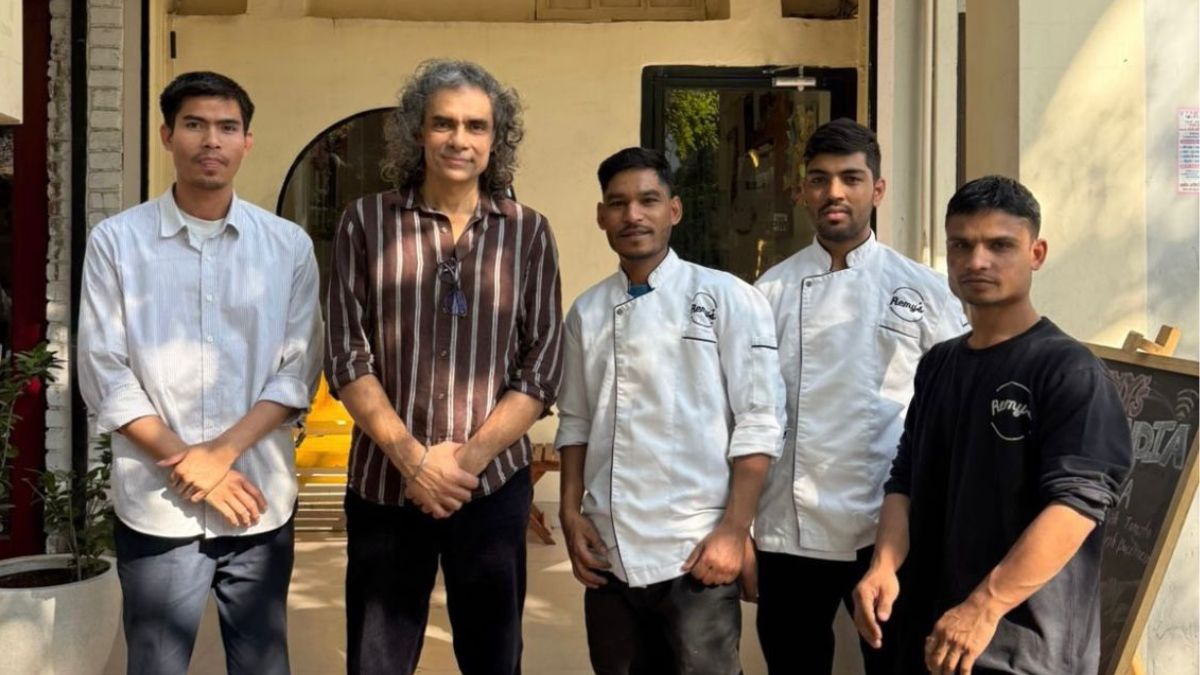Some days ago, a LinkedIn post by Bombay Shaving Company's CEO Shantanu Deshpande went viral on social media. In it, he discusses various factors that he believes in contributing to a decline in healthy diets in India. "We are suffering from the biggest epidemic of poor nutrition and unhealthy processed and ultra-processed food which is high in palm oil and sugar. Our grains have lost nutrition over the last 50 years as we prioritised agricultural yield for nutrition. Our junk food addiction, fuelled by Rs 49 pizzas and Rs 20 poison energy drinks and Rs 30 burgers, is taking us down the path of China and the US without the economic cover needed for health," he wrote.
Also Read: "Deceptive" Ultra-Processed Food Ads In India Fuel Obesity, Diabetes: Report
He proceeds to describe how food delivery platforms receive and fulfil orders, promising quick deliveries. "Frozen purees and curries and old vegetables heated and garnished with dhaniya [coriander leaves] to look fresh and slammed in some 2 wheeler who rides like Mad Max to your door in 10 min cos you couldn't wait another 15 min or you were too lazy to chadhao [put on] a cooker of daal chawal. And all the investors and founders are already finding fancy words for this to bake it into the next big wave of Indian commerce." He goes on to request delivery giants like Zomato, Swiggy and Zepto to avoid doing so. However, if they cannot, he asks them to "make the product palatable." He adds, "I would LOVE if we innovate and are able to actually give non-stale and decent food in 10 min. Massive unlock. But I don't think we're close to there yet."
Shantanu Deshpande also asks regulators to keep an eye on this situation. He ends his post by reminding people of the significance of diet in their daily lives. He advises everyone to learn how to cook. He says, "It's an adult skill. No one is too busy to take 10 min out to put a decent dal Chawal or smoothie or salad or sandwich together. This can power some wild long-term health issues if uncontrolled. The gut is the epicentre of your existence. YOU ARE WHAT YOU EAT."
Shantanu Deshpande's words took the internet by storm and sparked a debate online. In the comments below his LinkedIn post, several people agreed with most of his views. Some shared other reasons for such dietary patterns. Check out a few of the reactions below:
"This entire ecosystem will be the biggest health hazard in the coming future!"
"Couldn't agree more.. well-written post.. and definitely an alarm to all of us who regularly order those 10-min delivery options."
"I understand the concern around ultra-processed foods and their health impact, but innovation can be a solution - not the problem - if done responsibly."
"I don't think this is an appeal to corporations. This is more about all of us willing to make our healthy choices. I've already seen scores of children avoiding chocolates and aerated beverages, influenced by education at schools. This is a generational shift we need to take up."
"While 10-minute delivery of cooked food might seem like a game-changer, it raises significant concerns about health and well-being. Even as regulators strive to keep pace, we in India continue to face challenges with the widespread use of preservatives and sugar-laden foods."
We also asked our consultant nutritionist Rupali Datta to weigh in on this viral debate. Here's her take on this topic: "Today parents are so focused on the 99.9% in academics that children lose out on acquiring skills to live. They don't know how to cook or how to shop for groceries. It is also further made glamorous when celebrities come on the media and say that they don't cook. This has led to an increase in youngsters depending on unhealthy ready-to-cook/ready-to-eat food in addition to fast food. As they are unaware of how to run the kitchen, they are also dependent on "Didi" who tends to make food in 10 minutes that is tasteless and full of oil. Women's health is more sensitive and the increase in PCOS and PCOD is an indicator of poor lifestyle. The scary fact is that these youngsters will raise the next generation."








